Isaiah 1:16-17
Wash and make yourselves clean. Take your evil deeds out of my sight; stop doing wrong. Learn to do right; seek justice. Defend the oppressed. Take up the cause of the fatherless; plead the case of the widow. Isaiah 1:16-17 (NIV)
The theory in Isaiah seems so simple: Stop doing evil. Do good instead. The practice is so much more complicated and so much more difficult. Even when we do good we risk feeling self-righteous about our goodness. We often complicate the process of doing the right thing.
Back in the mid-1980s I regularly watched a show called Lifestyles of the Rich and Famous. The program featured celebrity mansions, yachts, private jets, extravagant parties, etc. The real draw, however, was usually an interview in which the chosen celebrity talked about their rise to wealth and status. At the end of each episode, host Robin Leach would express (in his dramatic English accent) the hope that our own “champagne wishes and caviar dreams” would come true.
Part of my interest in the show was a natural curiosity about how in the world a helicopter pad could fit on a personal yacht or what a million-dollar birthday party looked like. But a substantial part of my joy in the show was probably a self-righteous suspicion that, while the people on the show had greater wealth and status than I ever would, I was morally superior. “Give me a hundred million dollars,” I’d think, “and I’ll give a decent part of it away to a good cause. No solid-gold bathroom fixtures for me.”
The reality is that, to the impoverished people who comprise a shockingly large part of the world’s population, I’m in the same relationship to them that the ultra-wealthy are to me. Don’t get me wrong, I still think a 500-million-dollar yacht is an obscenity, but being indignant about that fact is a distraction from my own lack of action on behalf of those who could survive and thrive on the surplus that I have.
I wonder if any of us can do real good in the world until we learn to live with our own hypocrisy, to acknowledge its presence like a shadow that always threatens to darken the good we do.
Isaiah gives us some guidance. Right in the middle of the passage, in the transition between the evil we do and the good we could be doing is the key: “Learn to do right” (v. 17). None of this is easy or simple. Instead, it’s a constant process of action and reflection, of failure and refocus. Whenever we feel like we’ve succeeded and figured it out, that’s probably the moment to learn what remains to be done.
There’s nothing wrong with “champagne wishes and caviar dreams” as long as everyone gets an invitation to the party.
Questions for Reflection:
- What do you feel that you owe to those who have less than you? Where do you put the line between deserving what you’ve earned and being obligated by the gifts you’ve been given?
- The command in Isaiah to “Learn to do right” is going to mean similar and different things for everyone. What is an area where you could still learn to do right?
Prayer
Lord of Abundance, teach us to give as you give. Teach us to value what we have and to value the ability to give away. Help us to avoid hypocrisy and grant us the desire to keep learning and improving. Amen.


Login To Leave Comment